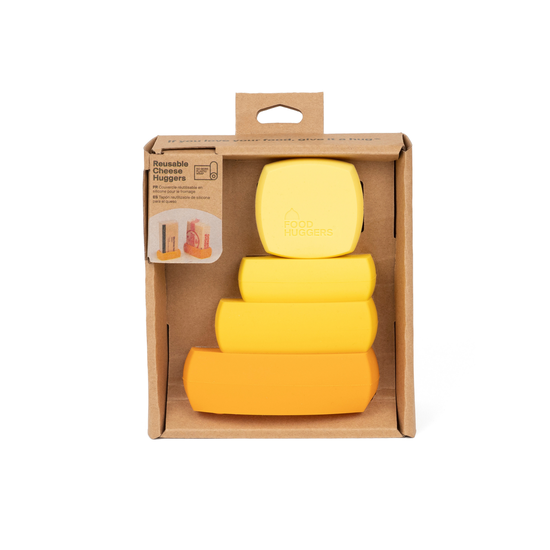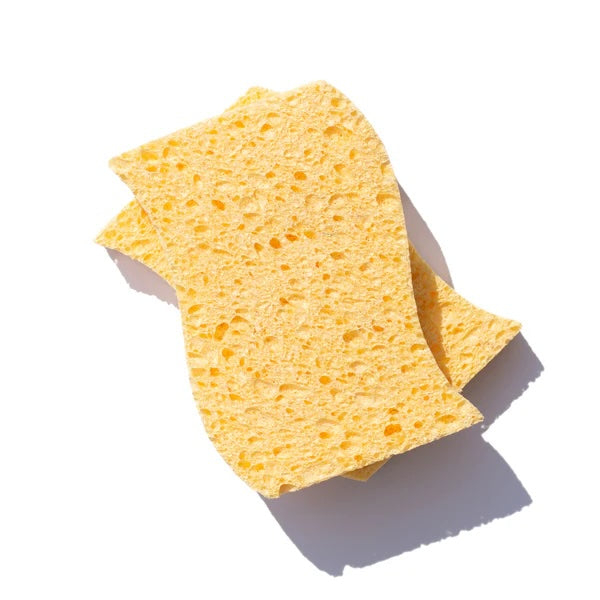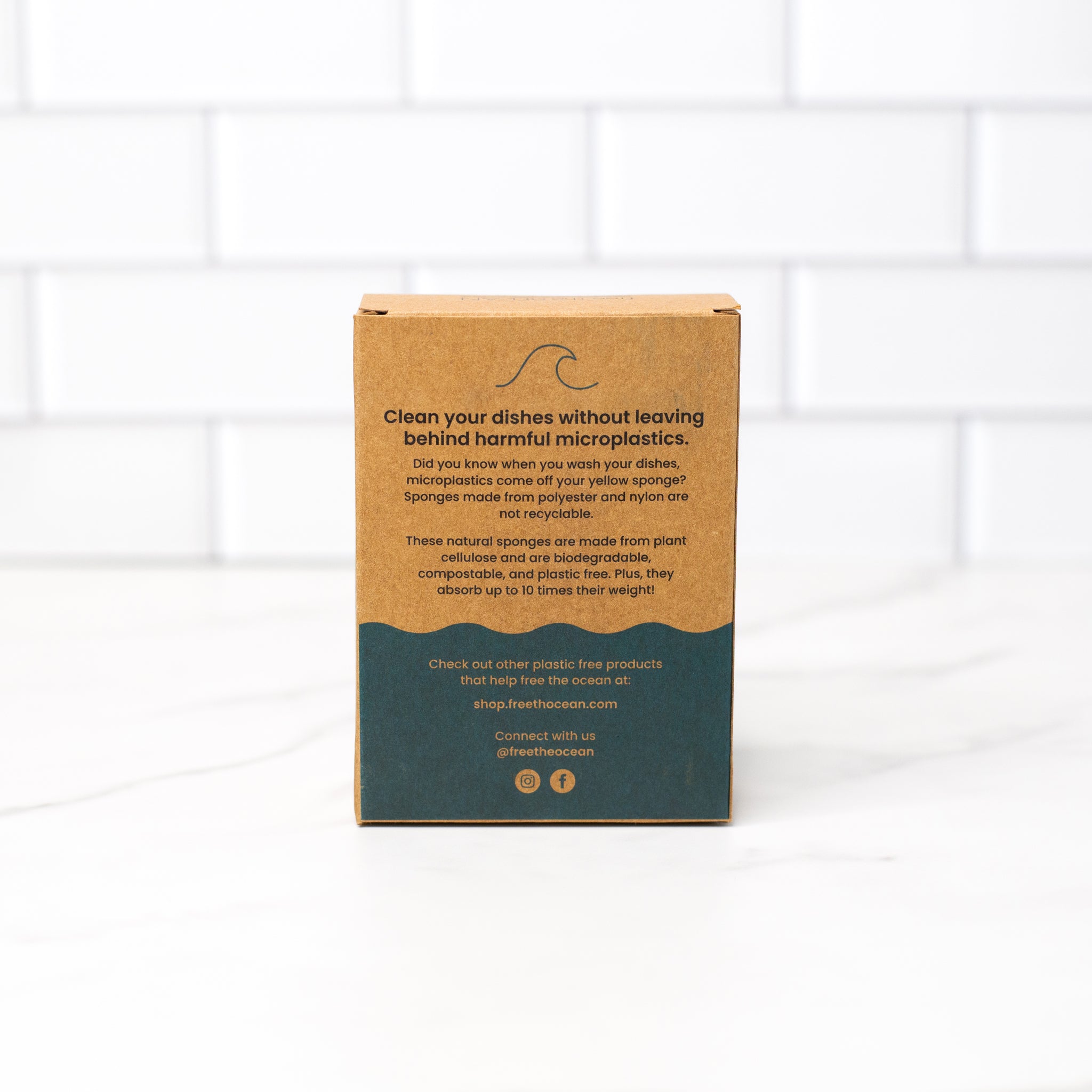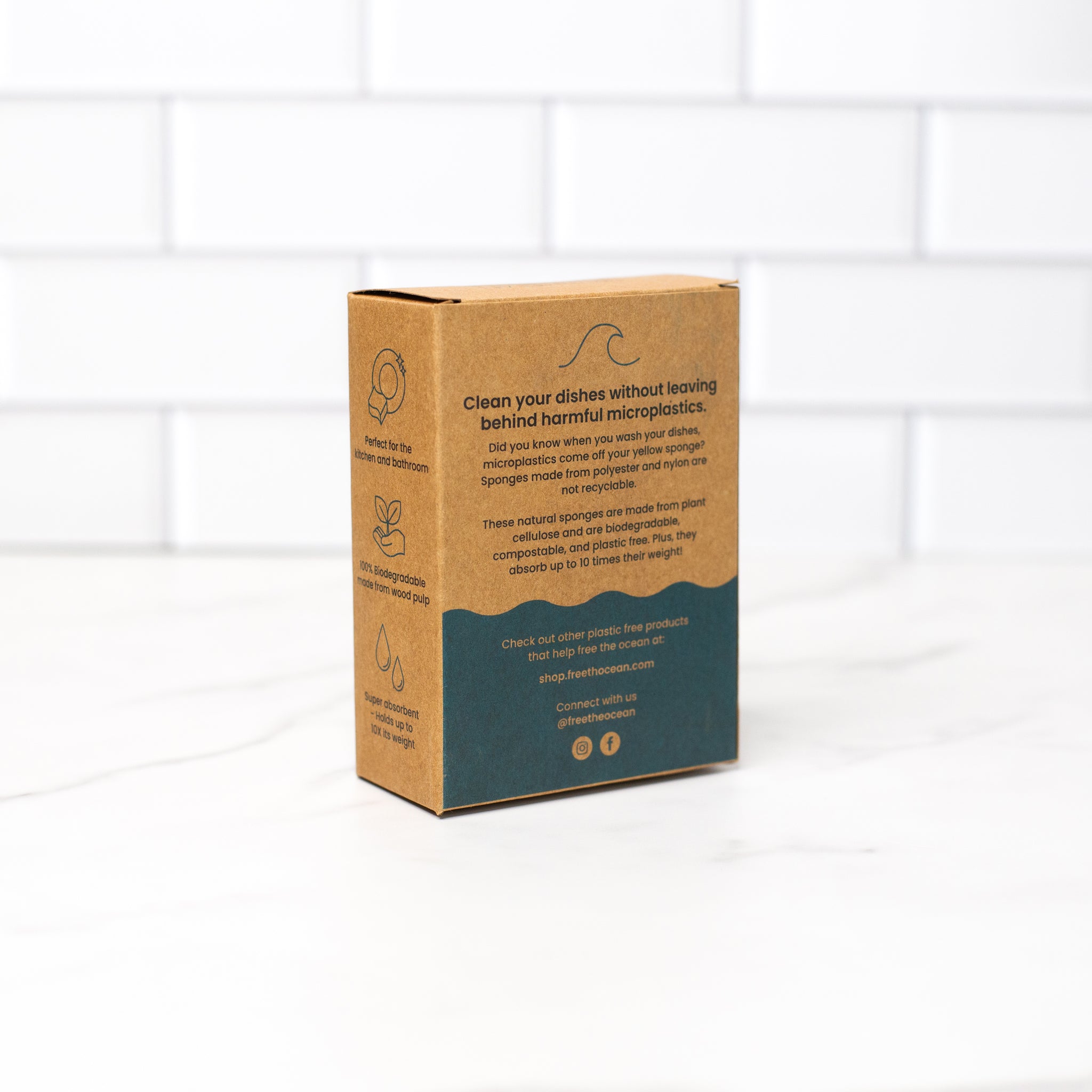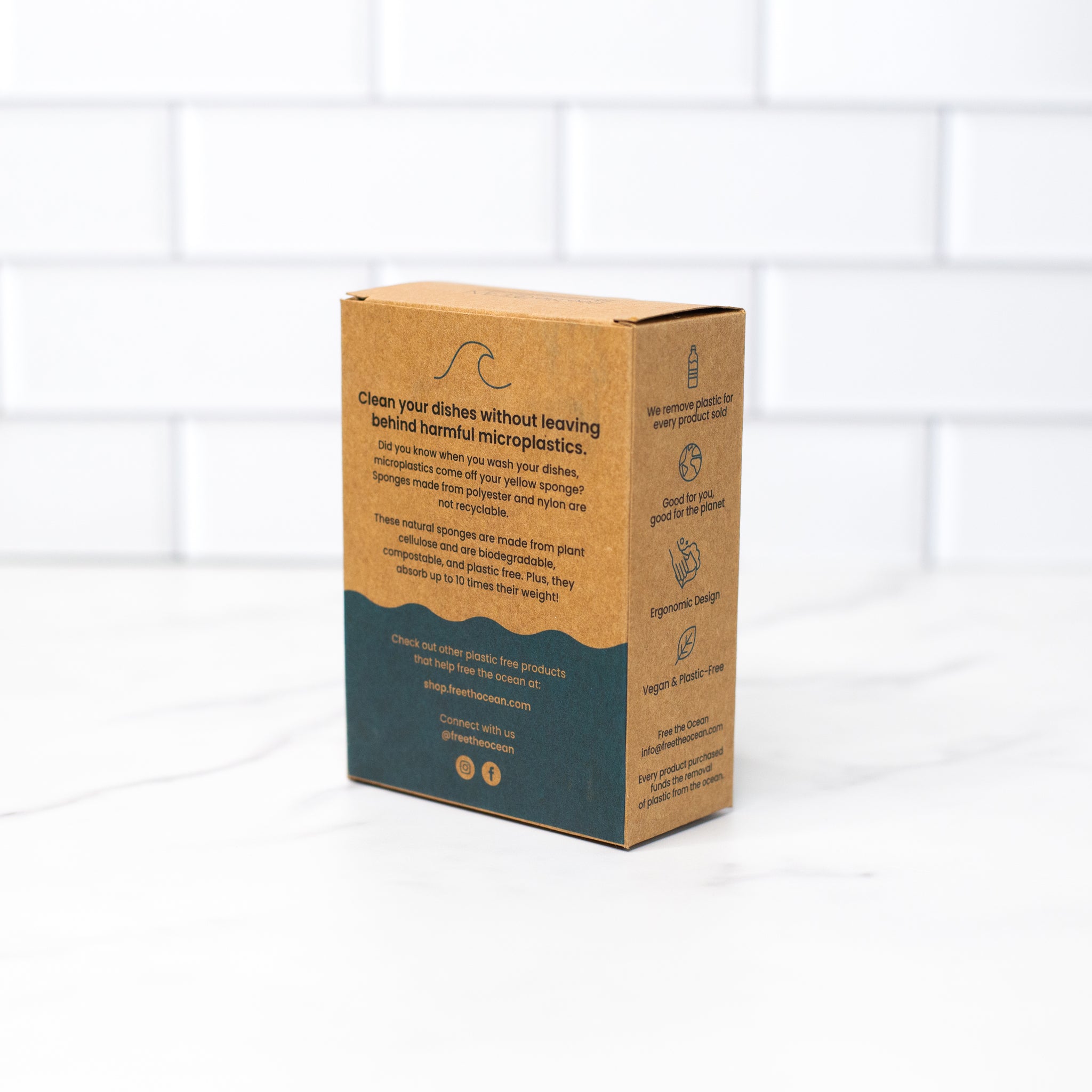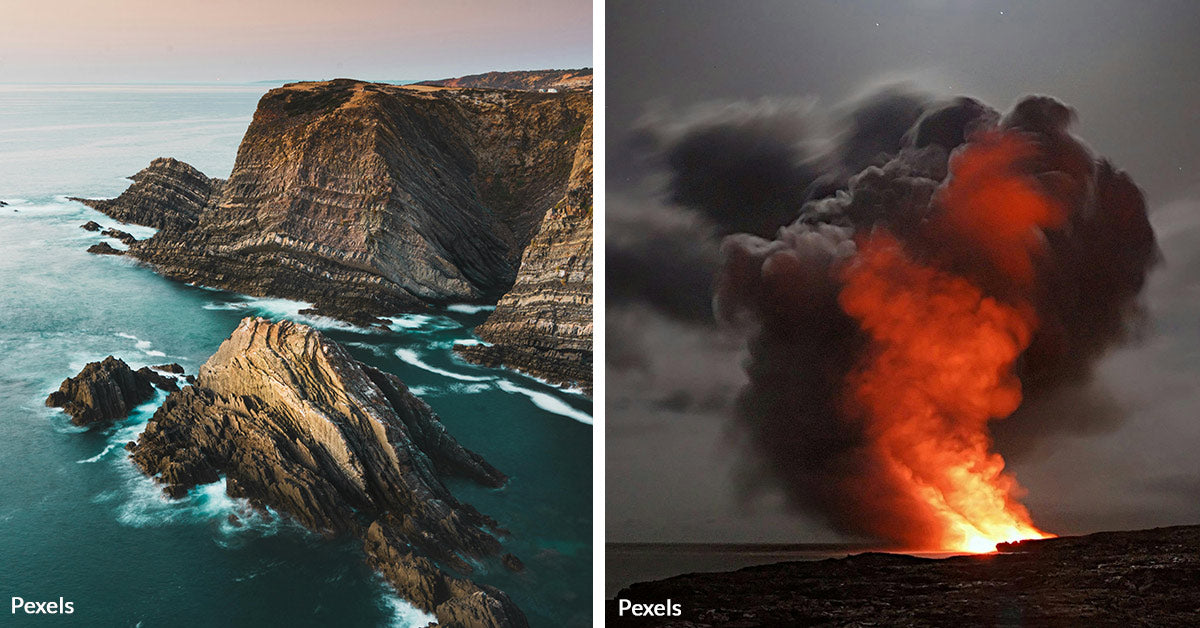6 Interesting Facts about the Ring of Fire
Get ready to explore one of the most incredible natural wonders on Earth – the Ring of Fire! This horseshoe-shaped region, which almost encircles the Pacific Ocean, is known for its seismic and volcanic activity. In fact, it’s home to two-thirds of the world’s volcanoes, and 90% of the world’s earthquakes occur in this zone. But what exactly is the Ring of Fire? Let’s dive in and explore this fascinating phenomenon!
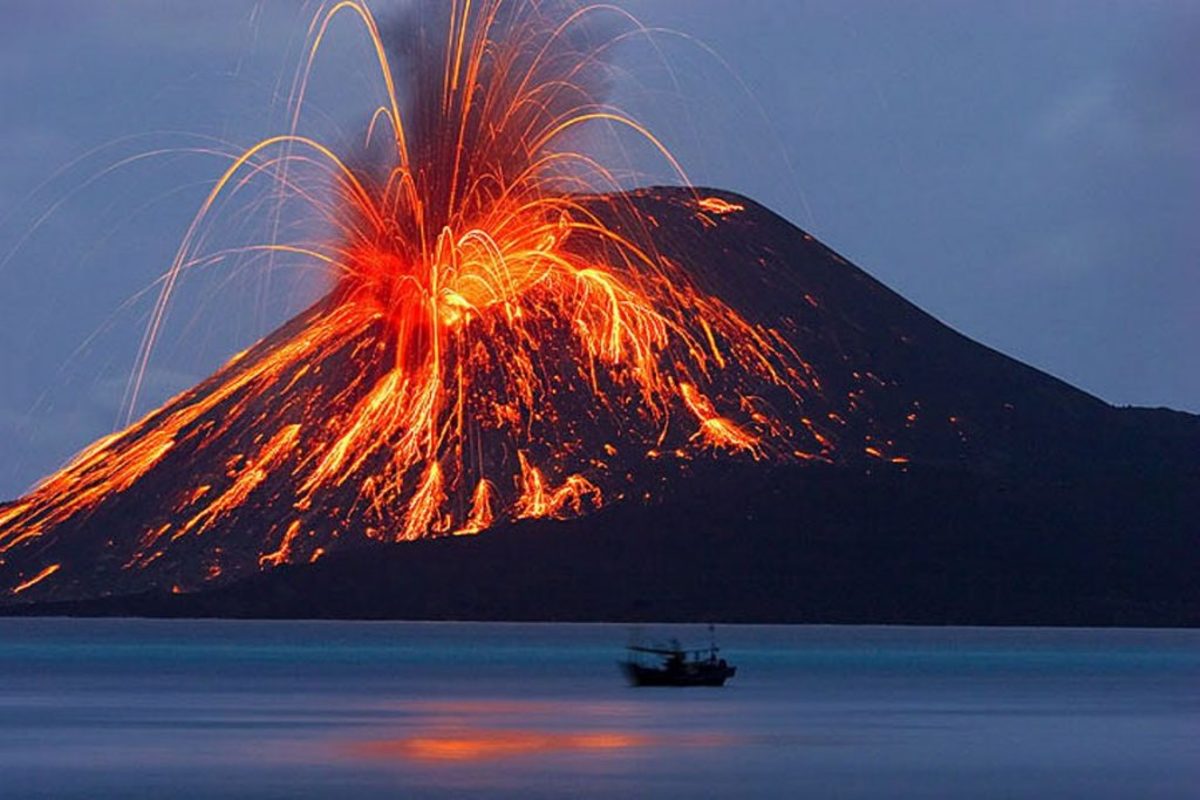
What is the Ring of Fire?
The Ring of Fire is a horseshoe-shaped region in the Pacific Ocean that stretches for around 25,000 miles, nearly circling the whole ocean. It runs along coastlines from New Zealand to Chilean Patagonia, covering more than 15 countries, including New Zealand, Indonesia, Japan, Russia, the United States, and Chile. The Ring of Fire is home to more than 350 active volcanoes.
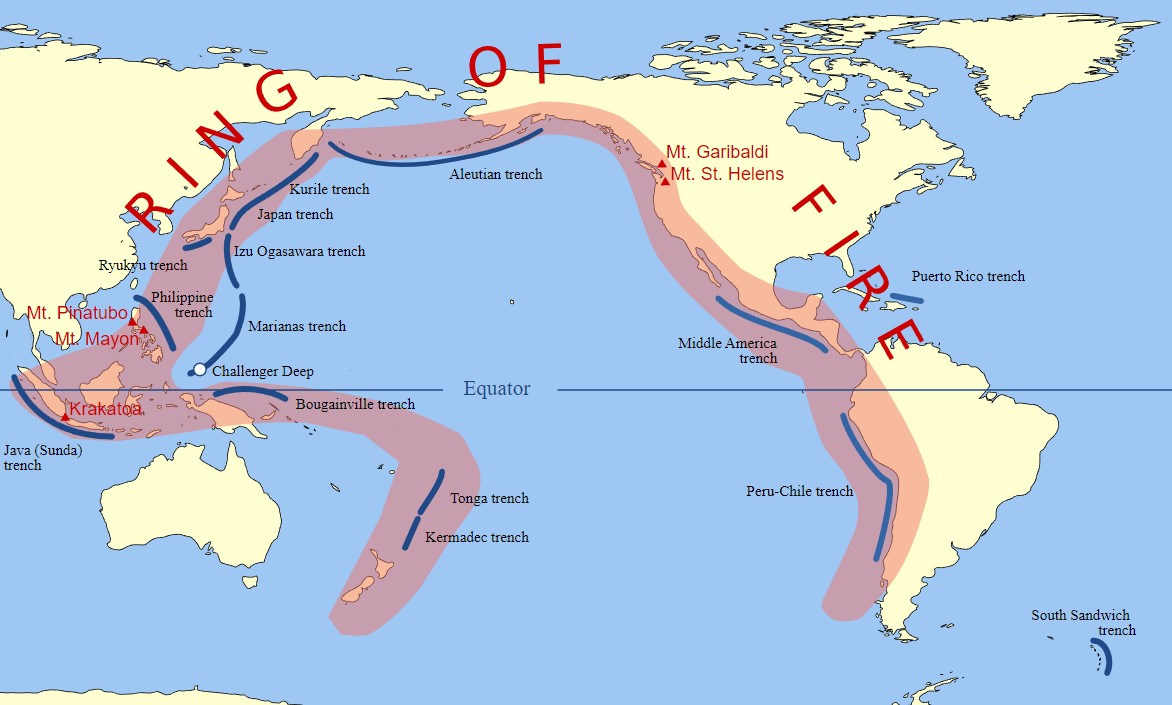
Why is it called the Ring of Fire?
Technically, it is called the Circum-Pacific Belt. But when the region was initially being researched, there was the assumption that the line of volcanoes would continue along the oceanic plates. But even though they discovered it more closely resembles a horseshoe than a ring, the name “Ring of Fire” has stuck.
What causes so much activity in the Ring of Fire?
The Ring of Fire is located on the boundary of the Pacific tectonic plate. Tectonic plates are large slabs of the Earth’s crust that move around. When two tectonic plates meet, they can cause seismic and volcanic activity. The Ring of Fire is where the Pacific tectonic plate meets other tectonic plates, including the North American, South American, and Eurasian plates. This creates a lot of friction and can cause earthquakes, volcanic eruptions, and tsunamis.
What makes the Ring of Fire so fascinating?
The Ring of Fire is one of the most incredible natural wonders on Earth. Two-thirds of the world’s volcanoes are located in this region, and 90% of the world’s earthquakes occur here. The four largest volcanic eruptions in the current geological period have all occurred in the Ring of Fire. It’s also home to the world’s deepest trench, the Mariana Trench, which is 36,070 feet (10,944 meters) below sea level.
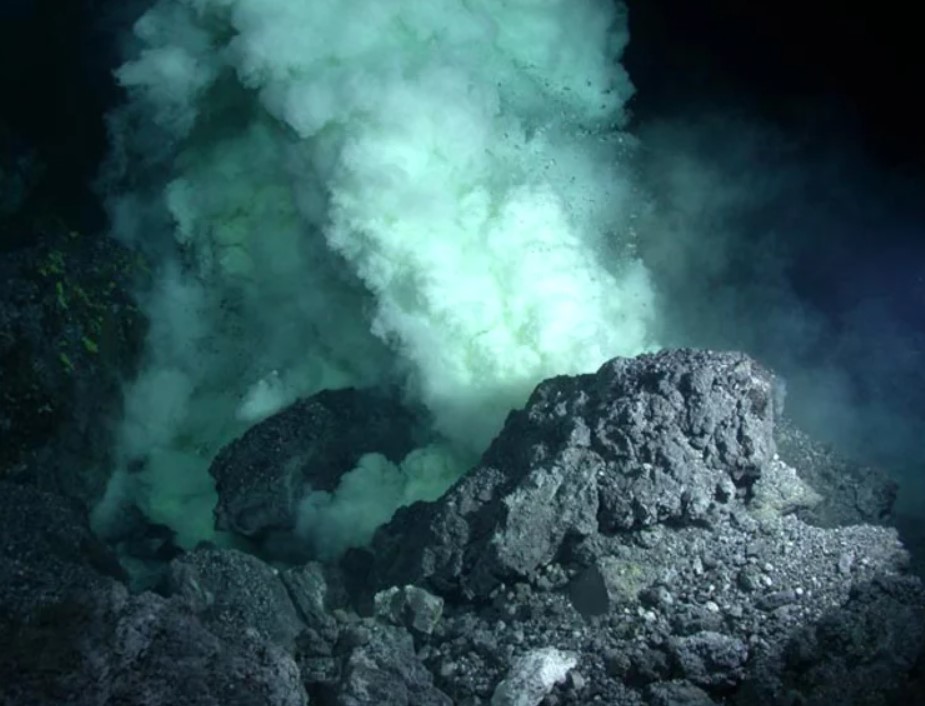
Photo Credit: Woods Hole Oceanographic Institution
Is it safe to live in the Ring of Fire?
While the Ring of Fire is known for its seismic and volcanic activity, it’s relatively safe to live inside the region. The most volatile areas are along the boundaries of the ring itself. The further you move away from the edges of the ring, the calmer things get.
Are the volcanoes in the ring connected?
There have been plenty of myths and legends surrounding the Ring of Fire. One of the most famous is that if one volcano in the ring erupts, it will set off a chain reaction of eruptions. While that may make for a good story plot, it is just basic geology that caused the volcanoes to form in a line. If two volcanoes erupt near each other, it is purely coincidental!

Photo Credit: Getty Images
The Ring of Fire is a fascinating natural wonder that spans the Pacific Ocean. While it’s known for its seismic and volcanic activity, it’s also home to some of the most beautiful landscapes on Earth. So, next time you hear about the Ring of Fire, remember that it’s much more than just a song – it’s one of the most incredible phenomena on our planet!






































































































































